Por: www.newtimes.co.rw/07-03-2018
Offices at the Ministry of Education were closed early last month as top officials in the Ministry, and all affiliated institutions, embarked on a tour to assess the quality of education in over 600 schools including primary, secondary, university, as well as technical and vocational education and training institutions (TVET).
Dubbed “Quality Education Enhancement Awareness Campaign”, it was the first countrywide campaign organised by the Ministry, unlike the regular inspection and visits made by officials to various schools.

Some students at TTC Kanama listening to education officials during the campaign. /Jean d’Amour Mbonyinshuti
Education officials had some hours each day to tour at least two schools. They visited classrooms, dormitories, laboratories, kitchens and even checked the hygiene status of the facilities.
Later, officials sat with the school management teams to discuss issues pertaining quality education and, management. They discussed the challenges they face and what can be done to boost quality education.
Issues discussed were the growing number of school dropouts and high repetition rates which could result in results in poor completion rates, use of drugs and unwanted pregnancies, among others.
According to 2015 figures from the Ministry of Education, school dropout rates stood at 5.7 per cent, 6.5 per cent and 2.5 per cent in primary, and lower and upper secondary respectively. The repetition rate was 18.4 per cent, 11.6 per cent and 6 per cent respectively.
The Ministry of Health also reported that 17,444 teenage pregnancies were reported in 2016 alone which affected transition and completion rates.
The campaign was expected to progressively lead to the enhancement of the quality of education by reducing school dropout and class repetition rates.
It also sought to improve the quality of school management and leadership, raise pupil awareness on the effects of drug abuse, improve school hygiene and sanitation among all education stakeholders.
Schools will be ranked based on a standard checklist and inspection criteria and findings by officials.
How important is it?
According to school managers, teachers and parents, the campaign was long overdue as it brought them closer to officials in the education sector at the national level to discuss the challenges hindering quality education and, helped them understand the role each should play.
Denis Uzaribara, the head teacher of G.S Kanama Catholique in Rubavu, says the campaign was an eye opener and an opportunity to chat with top officials to raise their concerns and seek ways to address the issues of quality education.
“The campaign was timely; meeting with officials from the Ministry of Education was an opportunity to discuss issues affecting the sector. It was an eye opener as we were told that even with challenges, what we are doing is not enough to provide quality education.”
“It was also an opportunity for us to raise the issues we have in order to improve quality education. Officials have seen for themselves the pupil-teacher ratio imbalance, whereby some classes have over 70 learners, and while we are committed to contributing to education for all, teachers are overwhelmed and it remains hard to offer quality education,” he says.
Agnes Musabyimana, another teacher from G.S Kanama Catholique, says that it was a great opportunity to meet top officials from the Ministry, and interact and share their experiences.
“We are thankful for the campaign, officials needed to come to the field and see how we are performing. We were reminded that we need to work closely with all stakeholders and avoid the blame game,” she says.
Musabyimana adds that in some cases, parents get busy and forget to take care of their children, hence just sending them to school without help in revision or homework.
“For instance, we discussed during the campaign that we need to work with parents and local leaders to ensure that there are no more cases of dropouts and that students attend classes regularly. We also discussed with local leaders and education officers that it is their responsibility to follow up on whether parents are playing their part,” Musabyimana says.
A teacher only identified as Juvenal from Nyabihu District said that he wished all the findings from the campaign could be addressed accordingly, adding that in some cases, teachers are asked to do a lot with little facilitation.
“For instance, we are required to provide quality education using the knowledge-based curriculum but we don’t have educational material. We are dealing with a greater number of learners per class and we find it hard to serve them all in a short period of time,” he says.
Juvenal referred to the fact that a teacher can have as many as 80 pupils in one shift and the same number in another shift, which he says is hard if they are to provide quality education.
“We need more issues to be addressed at the ministerial level, we need materials, we need more classrooms to be constructed and we need the government to involve parents to be aware of their responsibilities,” he says.
Dieudonné Manishimwe, a science teacher from Centre Scholaire Rusamaza in Rubavu District, says the campaign was important as it helped them understand the responsibility of each player.
“The Ministry should put into use the recommendations from the campaign; we need their support to ensure we provide quality education.” he says.
Fidel Basebanya, a parent from Rugerero sector in Rubavu District, argues that teachers can do very little if parents do not play their part.
“This campaign brought us together and as a representative of other parents, I will work with local leaders to ensure that we mobilise parents to understand their role,” he says.
Officials speak out
Dr Eugene Mutimura, the Minister of Education, says the campaign was an opportunity to assess quality education and the challenges facing the system, so as to seek solutions and address them.
“It showed us that we need to strengthen the collaboration with schools, local leaders and education officers at the sector and district levels. We should keep the momentum to boost quality education in schools,” he says.
The Minister says that once all players work together, the issue of dropouts, repetition, absenteeism and unwanted pregnancies will be curbed, and he urges all key players to play their part.
The Minister notes the department was aware of the teacher-learner ratio problem, especially in primary schools, adding that more classrooms will be constructed and more teachers will be engaged.
He says that some schools need renovation while others are dilapidated and need demolition. Last year alone, about 1000 classrooms and latrines were constructed and there are plans to build more.
Over the next seven years, the Prime Minister says the government will construct a total of 28,665 classrooms.
According to Marie Christine Gasingirwa, the Director General for Sciences Research and Technology at the Ministry of Education, students need support from parents, teachers and the community.
“We want to start with the youth because they are the treasure of the country, we also need to know that the education sector cuts across and that all the sectors can develop,” she says.
The campaign, held under the theme “Good Learning Methods and Cultural Values are the Foundations of Quality Education” will be held on a quarterly basis throughout the year.
editorial@!newtimes.co.rw
*Fuente: http://www.newtimes.co.rw/section/read/229144/
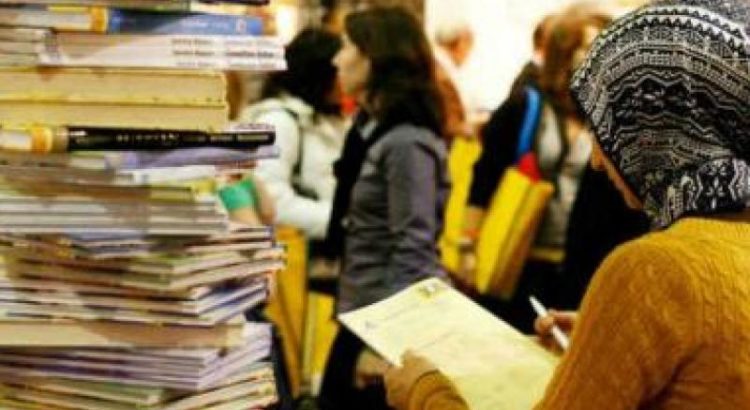
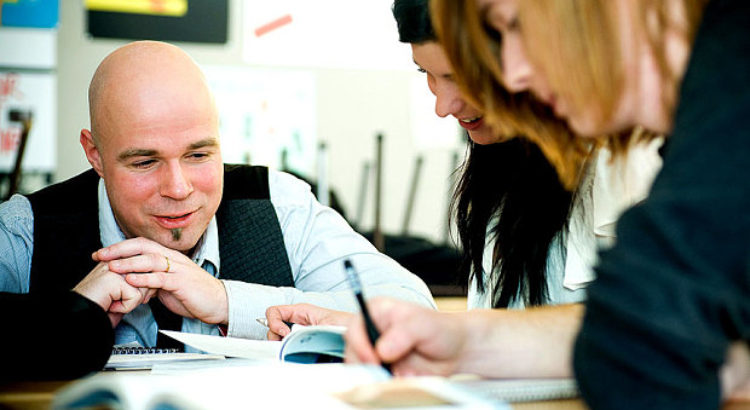


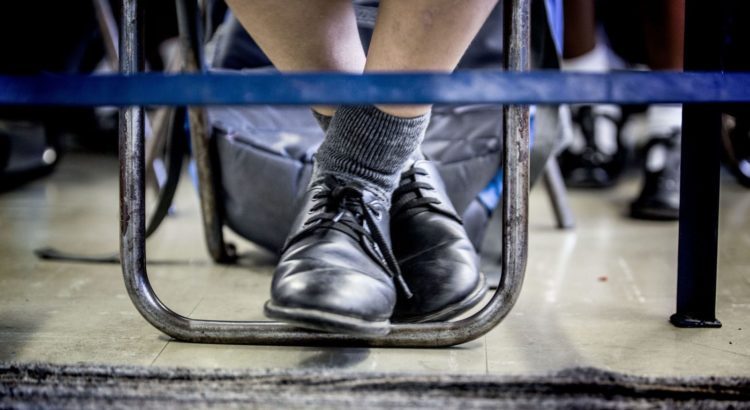

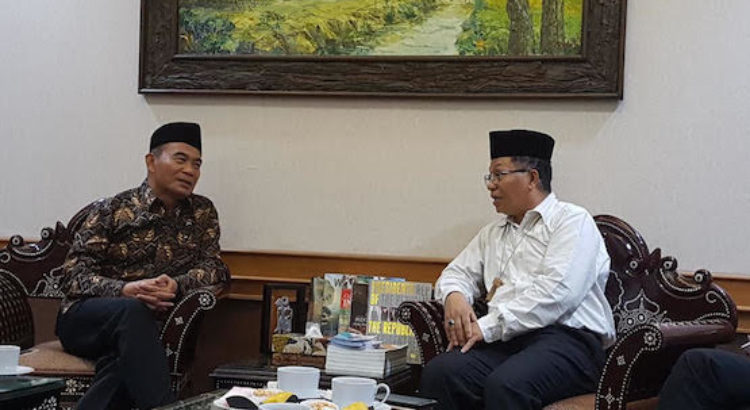
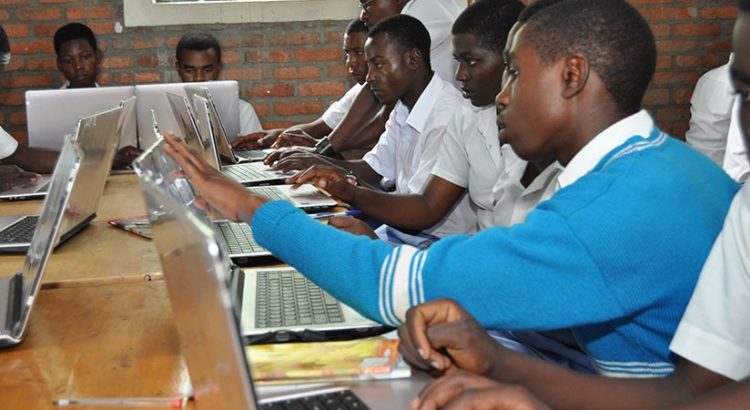







 Users Today : 4
Users Today : 4 Total Users : 35460135
Total Users : 35460135 Views Today : 6
Views Today : 6 Total views : 3418789
Total views : 3418789